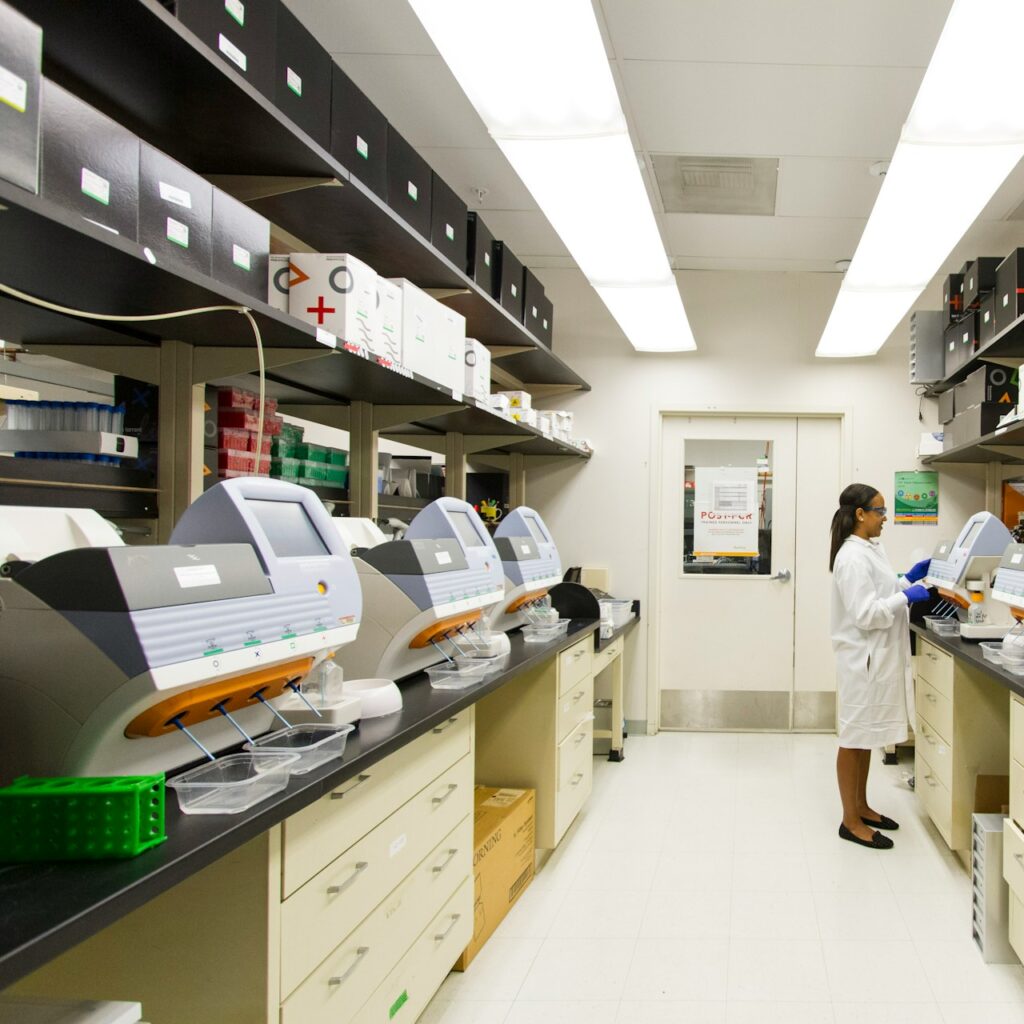
A well-structured computer incident response plan (CIRP) is crucial for protecting your organization from cyber threats. Here’s how to build one that works.
Trust is the New Currency in Life Sciences
In the life sciences sector, where innovation and human health converge, data is not just an asset, it’s the bedrock of trust and competitive advantage. From clinical trial results to proprietary research and personal health information, the stakes have never been higher. A breach or data exposure not only carries financial consequences, it can dismantle years of credibility, partnerships, and scientific progress.
In a highly scrutinized, regulated, and competitive environment, life sciences companies must view cybersecurity and crisis preparedness as strategic imperatives, not optional investments.
This post explores why protecting personal data and confidential information is critical and how cyber resilience and crisis management are now essential for market leadership in life sciences.
The Data Risk Landscape in Life Sciences
Life sciences organizations manage some of the world’s most sensitive and valuable data:
- Clinical trial participant information
- Genomic research data
- Intellectual property (IP) portfolios
- Regulatory submission data
- Proprietary algorithms and AI-driven research outputs
This treasure trove makes them prime targets for cyberattacks, ransomware extortion, IP theft, and insider threats. A single breach can jeopardize not only patient trust but also investor confidence and regulatory standing.
Adding to the challenge is a tightening web of privacy and security legislation:
- Ontario’s Personal Health Information Protection Act (PHIPA) governs how personal health information is collected, used, and disclosed, demanding stringent protections and breach reporting.
- Canada’s Personal Information Protection and Electronic Documents Act (PIPEDA) establishes baseline national standards for the protection of personal data, particularly sensitive health and financial information.
- HIPAA and the 21st Century Cures Act in the U.S. impose extensive obligations on healthcare and research entities, particularly for electronic health records and data interoperability.
- The GDPR in Europe remains one of the most rigorous frameworks globally, with its emphasis on consent, transparency, and significant fines for non-compliance.
Non-compliance isn’t just a regulatory headache, it’s a reputational and financial risk that can devastate long-term growth prospects.
Cybersecurity and Crisis Preparedness as Differentiators
In a crowded and rapidly advancing market, life sciences companies are looking for any edge they can get. Robust data protection and crisis readiness are becoming key differentiators.
1. Data Protection Builds Market Differentiation
Clients, partners, and investors are demanding greater transparency:
- How are you safeguarding clinical trial data and intellectual property?
- Can you demonstrate resilience in the face of cybersecurity threats?
- Are you compliant across PHIPA, PIPEDA, HIPAA, GDPR, and other applicable laws?
Companies that can confidently answer these questions with documented privacy programs, certifications, and tested crisis response plans stand out in an increasingly competitive landscape.
Trust is now a key buying factor and proactive data protection and governance are central to building that trust.
2. Crisis Preparedness Strengthens Reputation Management
In life sciences, the question is not if a crisis will happen, but when. And when it does, the speed and clarity of your response will define your organization’s reputation for years.
Leading life sciences companies invest in:
- Crisis simulations and tabletop exercises tailored to data breach and IP theft scenarios
- Cross-functional crisis management teams aligned across legal, compliance, IT, and communications
- Regulator-ready messaging frameworks that can be deployed rapidly
- Continuous monitoring and proactive breach detection systems
Organizations that are crisis-prepared respond faster, protect their reputation, and often emerge stronger.
3. Leadership in Transparency and Accountability
Life sciences companies must move beyond compliance for its own sake—they must lead with transparency, ethics, and accountability.
This includes:
- Conducting Privacy Impact Assessments (PIAs) for all new data initiatives
- Embedding privacy-by-design principles into product and research development pipelines
- Training leadership and staff regularly on cybersecurity and data stewardship
- Developing robust, transparent AI governance frameworks
Companies that take a leadership position in cybersecurity and data privacy don’t just mitigate risk, they build enduring competitive advantage in an environment where trust drives market value.
Building Resilience: How to Get Started
For life sciences organizations looking to strengthen their data protection and crisis readiness, the roadmap is clear:
- Conduct a thorough risk assessment focused on personal health information and proprietary data
- Develop an integrated cybersecurity and crisis response framework
- Regularly train leadership teams with realistic crisis simulations
- Align legal, IT, compliance, and communication functions for coordinated response
- Implement robust internal and external communication plans to maintain trust in the event of an incident
Resilience is a competitive asset, but you must build it before you need it.
Trust is Earned Through Action
In the life sciences industry, safeguarding personal and proprietary data is not optional, as it’s central to growth, reputation, and leadership.
Organizations that invest in cybersecurity and crisis management today are not just preparing for threats, they’re building the foundation for long-term trust and market leadership.
Protect your data, reputation, and operational integrity by investing in proactive crisis readiness and resilience.
Photo by National Cancer Institute on Unsplash
